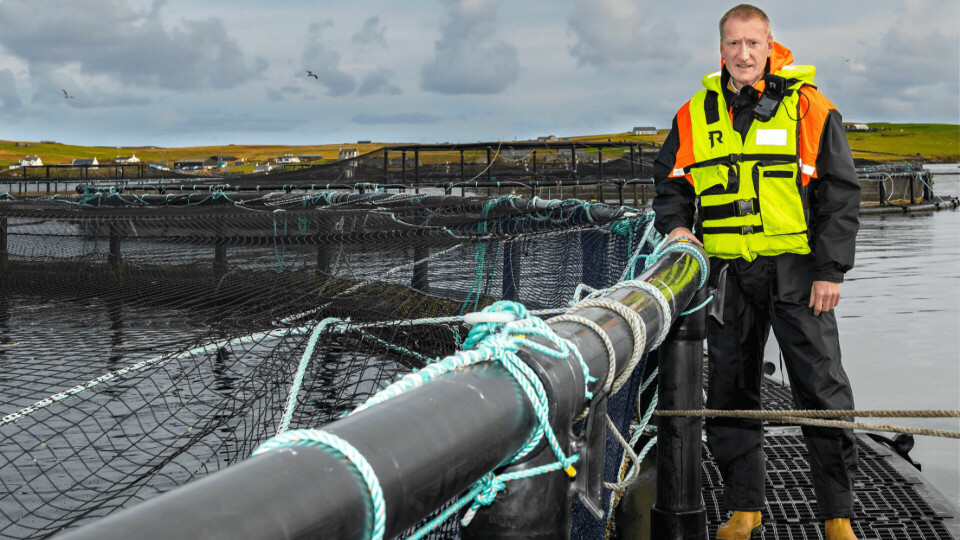
Salmon farmers back MPs’ demand for faster EU exports
Scotland’s salmon producers have welcomed recommendations to improve the process of exporting seafood to the EU made today by MPs on the UK Environment, Food and Rural Affairs (EFRA) Select Committee.
In the report, Seafood and Meat Exports to the EU, the cross-party group of MPs called on the UK Government to streamline and speed up the export processes, make compensation schemes more flexible and create more distribution hubs for exporters, particularly those with small loads.
Tavish Scott, chief executive of the Scottish Salmon Producers’ Organisation (SSPO), said the report should spur the UK Government into action.
Bureaucratic barriers
He said: “This report rightly identifies some of the main barriers which are hindering our members in getting product to the European market.
“There are thousands of customers in Europe who want Scottish salmon, who recognise its quality and provenance but who have faced delays and bureaucratic barriers since the full effects of Brexit were felt at the start of this year.
“If we are going to keep the customers we have and attract new ones we need to be as competitive as possible and that means cutting down the paperwork and making the process of getting salmon to the EU as easy, efficient and swift as possible.
“We call on the UK Government to implement these recommendations in full to help us support the huge effort our members are making in keeping exports thriving.”
Digitise health certificates
The EFRA report calls on the UK Government to make the following changes:
- Digitise the process of Export Health Certificates (EHCs), to make it quicker and more efficient.
- Introduce a more flexible approach to compensation for seafood exporters who have lost out since January 1.
- Provide the same help for small business exporters to Europe as is available for those moving goods to Northern Ireland.
- Establish a ring-fenced fund to create new distribution hubs focused on the needs of the smaller companies which rely on groupage (the transport of small loads from several suppliers in the same lorry).
The SSPO and other seafood organisations in Scotland warned of potential problems with exports long before the end of the Brexit transition period on December 31.
Huge delays caused largely by paperwork problems at distribution centres and ports from January 1 cost the salmon industry £11 million in the first two months after the UK became a third-party exporter to the EU, and the impact has been worse for shellfish exporters requiring an expensive EHC for each small consignment.
A Scottish seafood export task force was established by the Scotland Office in February with the promise of making speedy changes but has yet to deliver on that pledge.























































